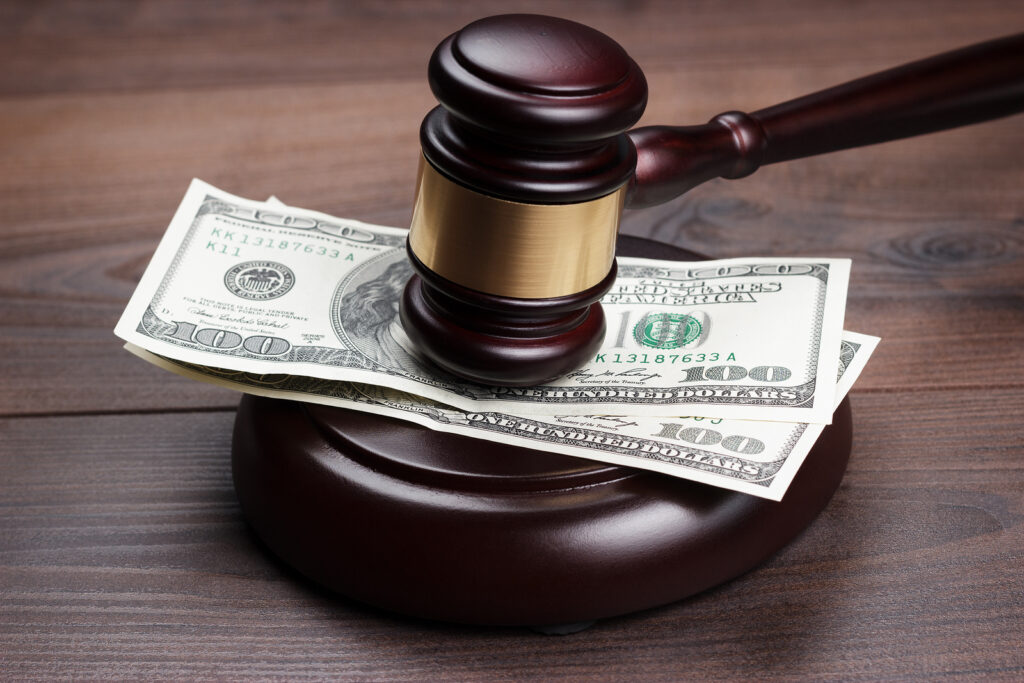
What Happens if I Can’t Pay My Restitution?
In addition to jail or prison sentences, many criminal convictions also include an element of restitution. In a legal context, restitution is compensation the convicted person must pay the victim. But restitution can be expensive, often reaching into the thousands or tens of thousands of dollars. What happens if you can’t pay? Our Bucks County criminal defense attorneys explain your options — and the potential consequences.

What Are the Maximum Restitution Fines in Pennsylvania and New Jersey?
Restitution is set not by the federal government, but by each individual state. This means that a person convicted of a crime in one state may be ordered to pay two or three times as much as a person convicted of the same crime in another state. As a general rule, restitution increases as the crime becomes more severe. In Pennsylvania, the standard maximum restitution amounts for various misdemeanor and felony classes are as follows:
Pennsylvania
Pennsylvania’s maximum fines can be located at 101 Pa. Code § 15.66. The current fines are:
- Third Degree Misdemeanor — $2,000 (e.g. harassment)
- Second Degree Misdemeanor — $5,000 (e.g. simple assault)
- First Degree Misdemeanor — $10,000 (e.g. some forms of forgery)
- Third Degree Felony — $15,000 (e.g. some forms of robbery)
- Second Degree Felony — $25,000 (e.g. sexual assault)
- First Degree Felony — $25,000 (e.g. third degree murder)
Second and third degree felonies are both capped at a maximum fine of $25,000. However, a second degree felony holds a maximum prison sentence of 10 years, while a first degree felony is punishable by up to 20 years in prison.
Summary offenses, which are less serious than misdemeanors, are subject to a maximum fine of $300 (and/or 90 days in jail). Examples of summary offenses include disorderly conduct and public intoxication.
New Jersey
New Jersey calls misdemeanors “disorderly persons offenses” (often shortened to “DP offenses” and sometimes prefaced with the word “petty”) and felonies “indictable crimes.” New Jersey’s maximum fines can be found at N.J.S.A. 2C:43-3 and are as follows:
- Petty DP Offense —
- DP Offense —
- Fourth Degree Crime —
- Third Degree Crime —
- Second Degree Crime —
- First Degree Crime —





